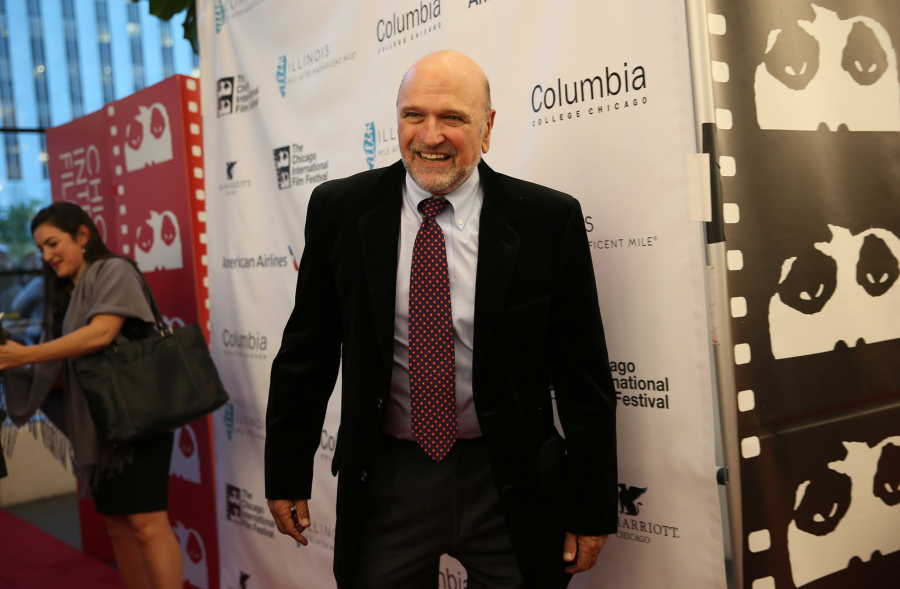CHICAGO — “The Fugitive” remains singular in the career of Chicago-born director Andrew Davis, raised first in Rogers Park and then, mainly, in the South Side Jeffery Manor neighborhood.
The 1993 thriller starring Harrison Ford and Tommy Lee Jones was a huge hit, Davis’ biggest. But in another way “The Fugitive,” released in theaters 30 years ago this month, is not singular: It’s one of several movies Davis, 76, shot largely in his hometown with a keen, nontouristic eye.
Take, for example, Davis’ 1985 dirty-cop drama “Code of Silence,” the one verifiably good Chuck Norris movie in existence. “There’s a lot of the Southeast Side in that one,” Davis told me, from his oceanside home in Santa Barbara, Calif., in a recent Zoom interview. “All those grain towers along the Calumet River. I guess I just keep going back to the old neighborhood.”
“The Fugitive” filmed in North Carolina and Tennessee as well as all over Chicago, from Pullman to the Loop and points west. Making the movie, as various stories in recent years have revealed, the actors were dealing with an ever-revised script and their own, varying degrees of pessimism regarding the probable outcome. As Jones told me in 2007: “The script was always in trouble … (on his last day of filming) I remember thinking, well, I’ll never work again. This is about it. It’s been a good go.” And then he won an Oscar for “The Fugitive.”



